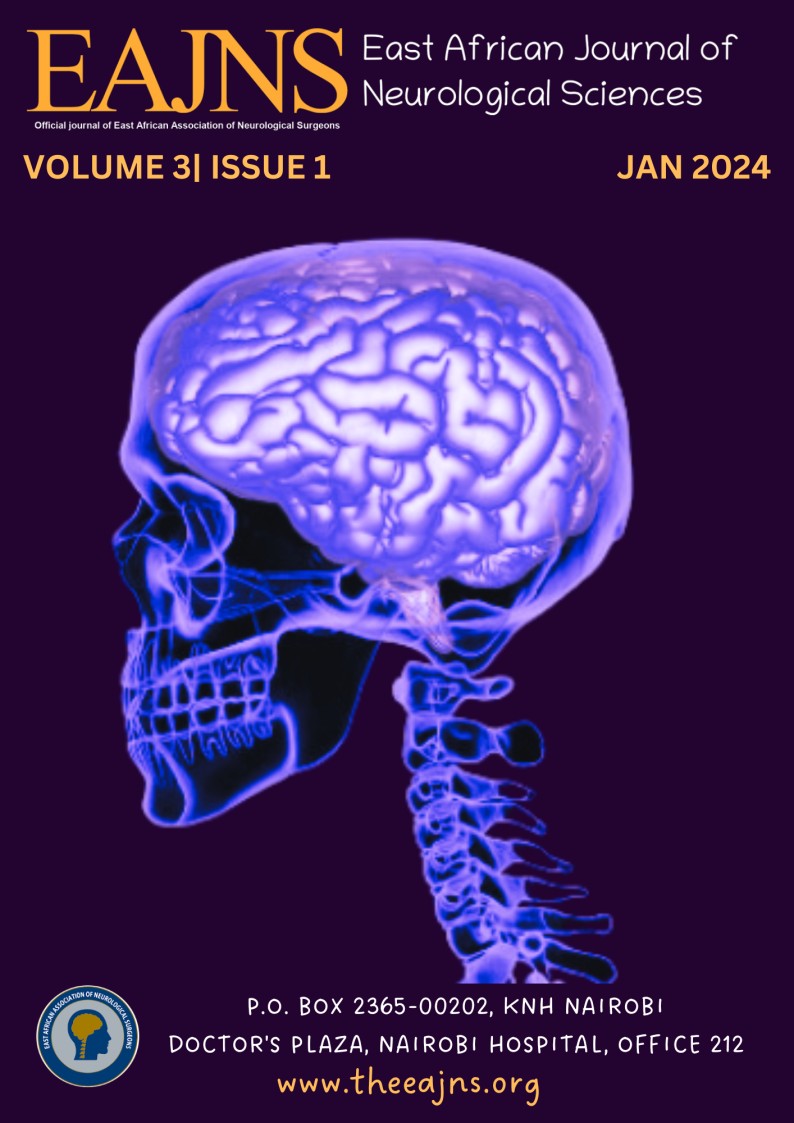Main Article Content
Management of Chronic Subdural Hematomas with Bedside Placement of Twist Drill Subdural Evacuation Port System: A Single Center Retrospective Review
Abstract
Objective: Chronic subdural hematoma (cSDH) is prevalent globally and its management is evolving to minimize morbidity while optimizing theater utilization. We present our institution’s experience with subdural evacuation port system (SEPS) as a first-line treatment approach to cSDHs.
Methods: A retrospective review was performed of patients undergoing bedside SEPS placement in a single institution. Pre- and post-procedural radiographic and clinical data were collected and analyzed to identify predictive variables of procedural success for the SEPS approach. For procedure failures, subsequent procedures were analyzed for rates of success.
Results: 268 patients were identified for a total of 326 initial procedures. Pre-procedural variables associated with improved odds of a good outcome were: unilateral cSDH, prior use of anticoagulation, GCS > 13 at presentation, larger cSDH, and greater degree of midline shift (MLS). 65% success rate was observed for initial SEPS placement and an overall success of 78% after repeat SEPS. Bilateral SDH with bilateral SEPS placement had 56% success, a significantly lower success rate than unilateral placement (p=0.0147). Patients with subsequent failures underwent craniotomy. Patients who had a successful SEPS procedure had an average LOS of 13 ± 39 days compared to 25 ± 65 in incidents of failure (p=0.047). Average follow-up after discharge was 2.8 ± 3.8 months.
Conclusions: Bedside SEPS placement is a low-risk option for first-line treatment of cSDH and may spare patients from the risks of general anesthesia while reducing burden on surgical theaters in resource-limited settings. Performing a repeat SEPS procedure is a reasonable surgical option if the first procedure fails to completely evacuate the cSDH.







